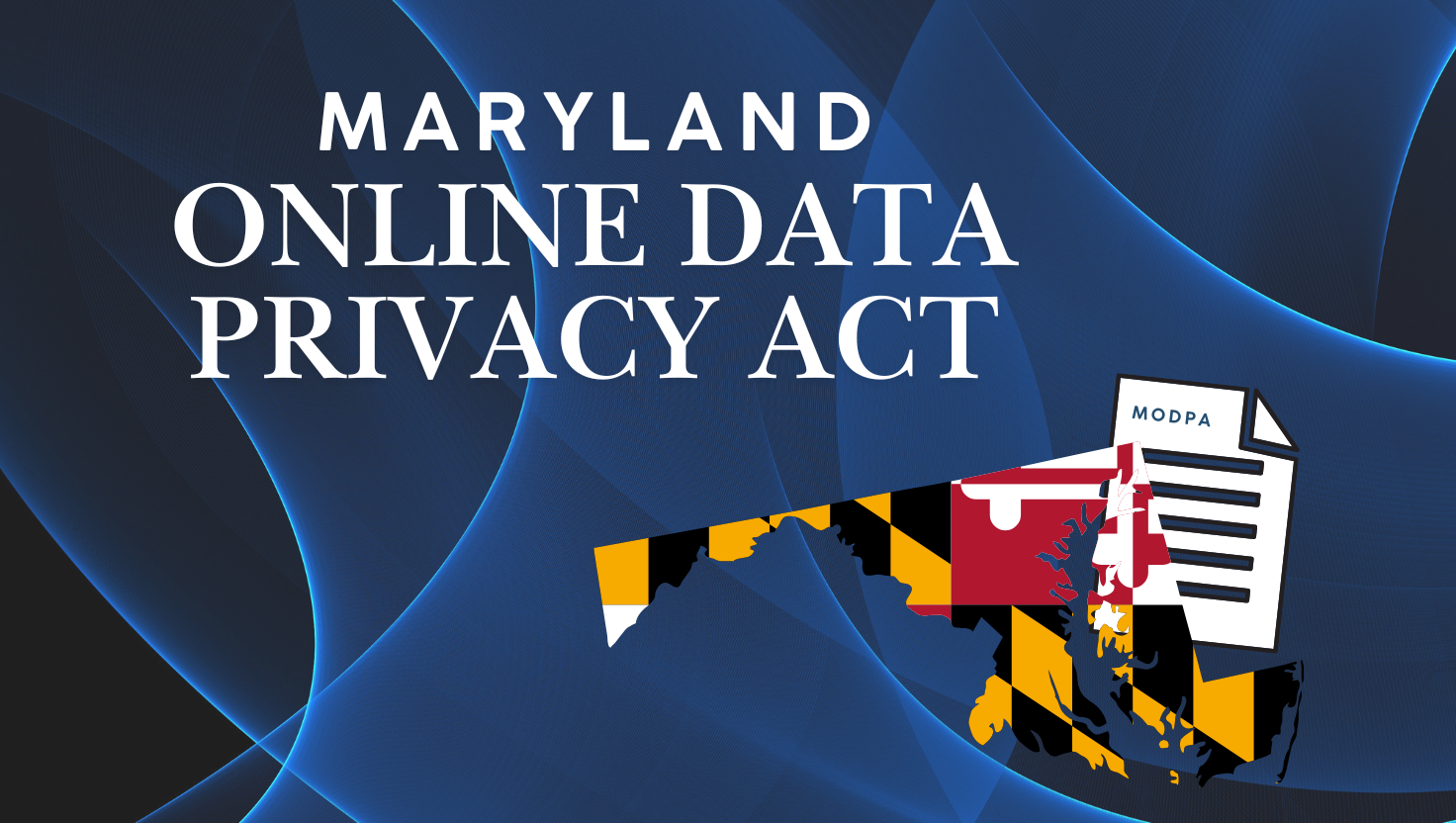The Role of Data in Case Management: Empowering Human Service Organizations to Make Informed Decisions

For human service organizations, data has moved beyond its traditional back-office role, now sitting at the center of operational strategy, service design, and impact measurement. The combination of expanding data sets, rising public accountability, and shifting funding models has made data not just useful but essential.
Data strategy, at its core, is about how an organization collects, governs, analyzes, and uses information. A well-executed strategy supports better decision-making, aligns service delivery with client needs, and helps teams navigate complexity with clarity.
Data Integration Improves Client Outcomes
Client needs are rarely isolated to a single program. A person experiencing homelessness may also need mental health support, employment services, or help accessing benefits. Unfortunately, data about these needs often live in siloed systems that don’t talk to one another.
According to the Urban Institute, 72% of human services providers say data integration remains one of their top challenges.
An integrated data approach allows case managers to view a comprehensive picture of a client’s circumstances. This insight enables more accurate needs assessments, timely interventions, and seamless service coordination, all of which contribute to improved outcomes for clients and communities alike.
Measuring What Matters: Turning Data Into Insight
High-performing human services organizations know that collecting data is not enough. It’s what they do with that data that drives value. By applying real-time analytics and visualization tools, agencies can improve outcomes in several ways.
Identify trends early
Monitoring indicators such as missed appointments, denied benefits, or repeat crisis events can reveal patterns that signal emerging risks.
Allocate resources more effectively
Geospatial mapping and predictive tools can help identify service deserts, high-risk populations, or underperforming programs.
Improve program design
Data-backed evaluations allow leaders to test pilot programs, track outcomes, and scale successful interventions based on evidence, not assumptions.
In a recent report, 61% of public sector leaders cited data analytics as critical to strategic decision-making.
Data Supports Operational Efficiency and Staff Effectiveness
Workforce shortages continue to stress the human services sector. According to the National Council for Mental Wellbeing, 77% of behavioral health providers face serious staffing challenges.
In this environment, accurate, accessible data becomes a force multiplier. When case workers can quickly find client history, track outcomes, and generate reports without jumping between systems, their time shifts from paperwork to people. Well-structured dashboards also help supervisors monitor caseloads, track performance, and intervene when staff face burnout or bottlenecks.
Compliance and Funding Connection
Navigating HIPAA, 42 CFR Part 2, state privacy mandates, and shifting grant requirements is no small feat. A mature data strategy ensures organizations don’t just comply reactively but build systems that meet evolving demands proactively.
Data quality and governance also underpin financial integrity. Funders increasingly require outcome-based reporting, and without strong data, organizations struggle to prove impact.
Predictive Analytics: A Growing Asset
Advanced analytics and AI are no longer theoretical in the human services space. Predictive models are enabling organizations to anticipate needs and allocate resources more strategically. Recent studies show that AI-driven tools are significantly improving the accuracy of identifying individuals likely to require high-cost interventions. These capabilities are helping organizations shift from reactive response models to proactive, preventive strategies, and ultimately reducing costs while improving outcomes.
Building a Data-Driven Culture
No tool, no matter how sophisticated, will replace leadership commitment to data maturity. Data strategy must be embedded across operations, from intake to outcome measurement.
That means:
- Prioritizing staff training on data literacy
- Incentivizing evidence-based practices
- Establishing cross-functional data governance teams
Cultural change takes time, but it lays the groundwork for long-term resilience and responsiveness.
How Strategic IT Advisory Adds Value
Many human services leaders know what data they have, but not always what data they need or how to act on it. That’s where experienced IT advisors and data experts bring critical value.
Hartman Executive Advisors brings deep IT and human services industry knowledge to help organizations:
- Develop enterprise data strategies that align with mission
- Select and integrate tools that support information sharing and compliance
- Strengthen cybersecurity practices around sensitive client information
- Build dashboards and analytics environments tailored to operational needs
Is your organization ready to harness the full potential of its data? Hartman Executive Advisors partners with human services leaders to build actionable, secure, and future-ready data strategies. Contact us for a no-cost consultation to explore how we can support your transformation.


